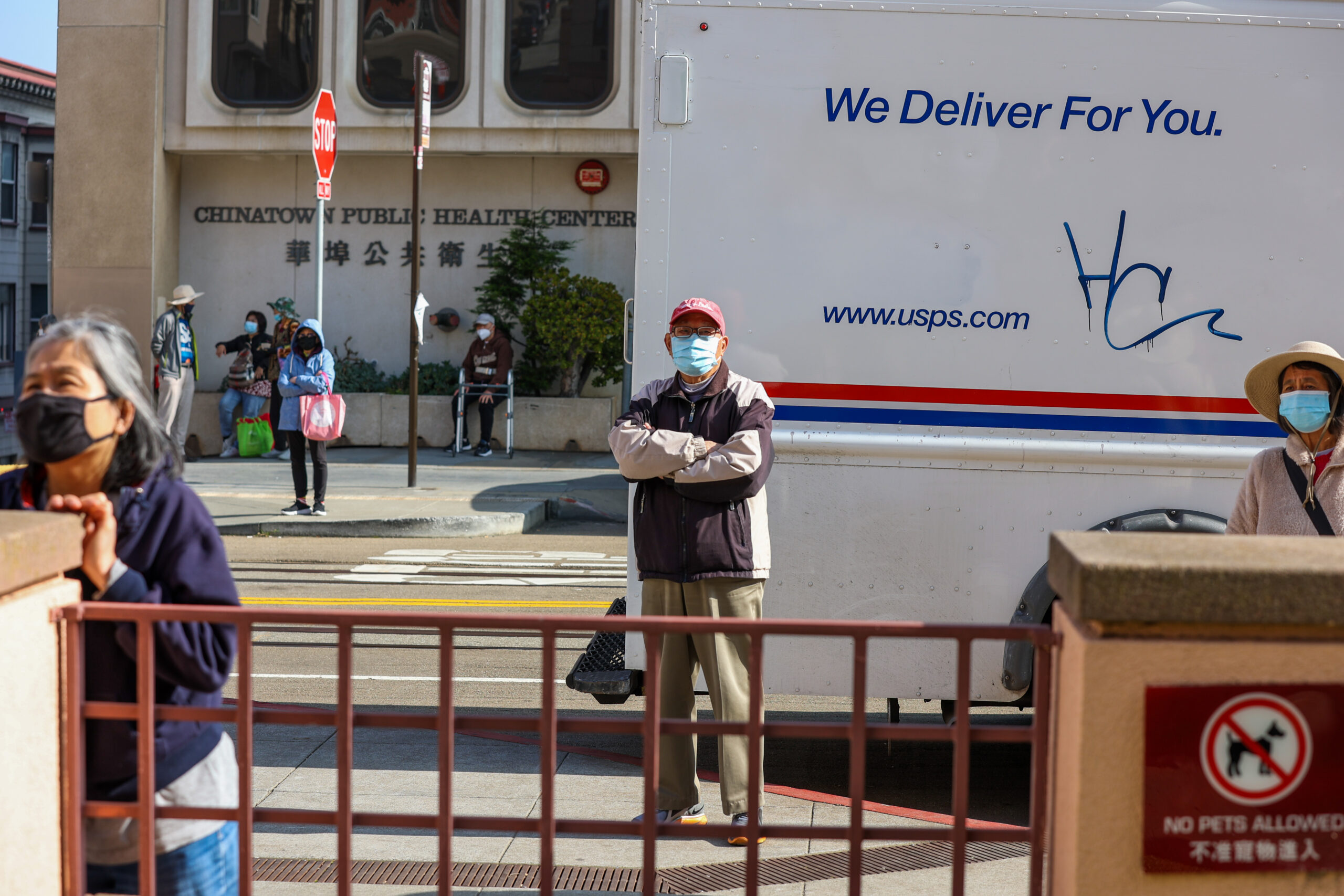San Francisco’s Human Rights Commission released a new analysis on public safety and crimes against Asian Americans, finding that the city is failing victims because support programs are uncoordinated and lack language access.
The report, presented to the Board of Supervisors last week, is part of an effort to combat the crimes and address safety concerns among Asian American residents. A report released in January found that hate crimes against Asian Americans in the city spiked by more than 560% last year.
“Hate violence across communities in San Francisco is increasing and escalating,” said Sheryl Davis, the director of the commission, in a statement. “Existing systems are failing to meet the needs of people affected by hate violence.”
The report found that hundreds of existing programs in San Francisco are working in silos rather than coordinating to support hate crime victims across the city.
“Those programs do not all speak to each other, they do not all necessarily align, and there’s not a standardized way of reporting,” said Davis at the board meeting, and the city is also not providing full language access to its services despite it being mandated by the Language Access Ordinance.
Supervisor Gordon Mar, who authored the legislation leading to the report, expressed frustration about the city’s shortcomings.
“We have all these new programs, but we are struggling to coordinate,” Mar said, citing high-profile incidents that happened in his district, including the food delivery driver’s verbal assault on an Asian woman and the Asian businesses targeted for vandalism. Mar also said that after personally meeting with the victims, he found that the city is not responding effectively to them.
The District Attorney’s Office, a major participant in the victim support process, acknowledged that a lack of coordination is not something new. Still, the office has developed a comprehensive approach to helping victims.
Kasie Lee, head of the Victim Services Division at the DA’s Office, told The Standard that prosecutors are working with multiple community groups to support Asian American seniors who have been victimized by crime, while also ensuring that the services of respective agencies are efficiently utilized and not duplicative.
“DA’s Office victim advocates are trained to complete ‘warm hand-offs’ as opposed to just referrals to community-based agencies,” Lee said.
She emphasized that the current coordination process includes assessing need, calling the DA’s Office’s partners to determine capacity and suitability, and then connecting the victim to a point person in that partner agency.
Except for the recommendations on a further collaboration of services, the report found that the city should invest more to eradicate the root cause of crime, referring to historic and ongoing racism, a lack of resources, and other inequities within communities of color.
“We have to think about the cross-culture solidarity,” Davis said, “making sure that we see each other, understand each other, so folks don’t feel comfortable doing hateful things.”
